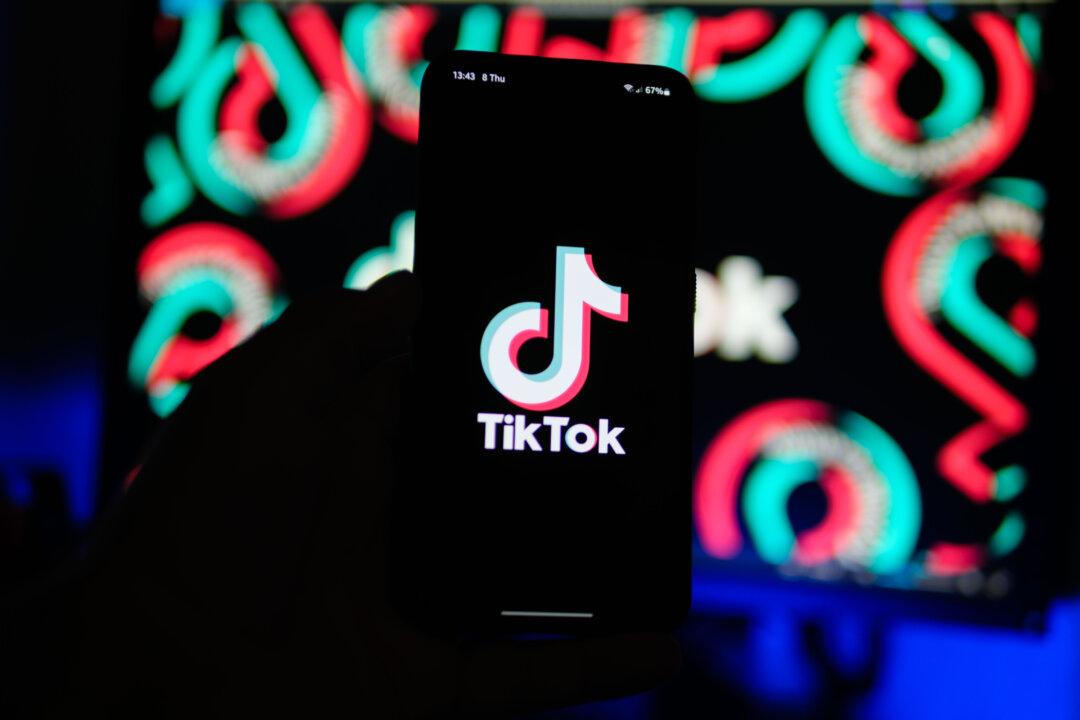WASHINGTON—TikTok and its Chinese parent company ByteDance face a crucial court hearing on Sept. 16 in their legal challenge to a law that could lead to the social media app’s ban in the United States as early as January 2025.
According to a law enacted in April, ByteDance has to sell the app by a mandated date, or TikTok will be banned from mobile app stores and web-hosting services. The initial deadline is Jan. 19, 2025, one day before the next presidential inauguration. Under the law, President Joe Biden could extend the deadline by three months to allow a deal to be completed.



